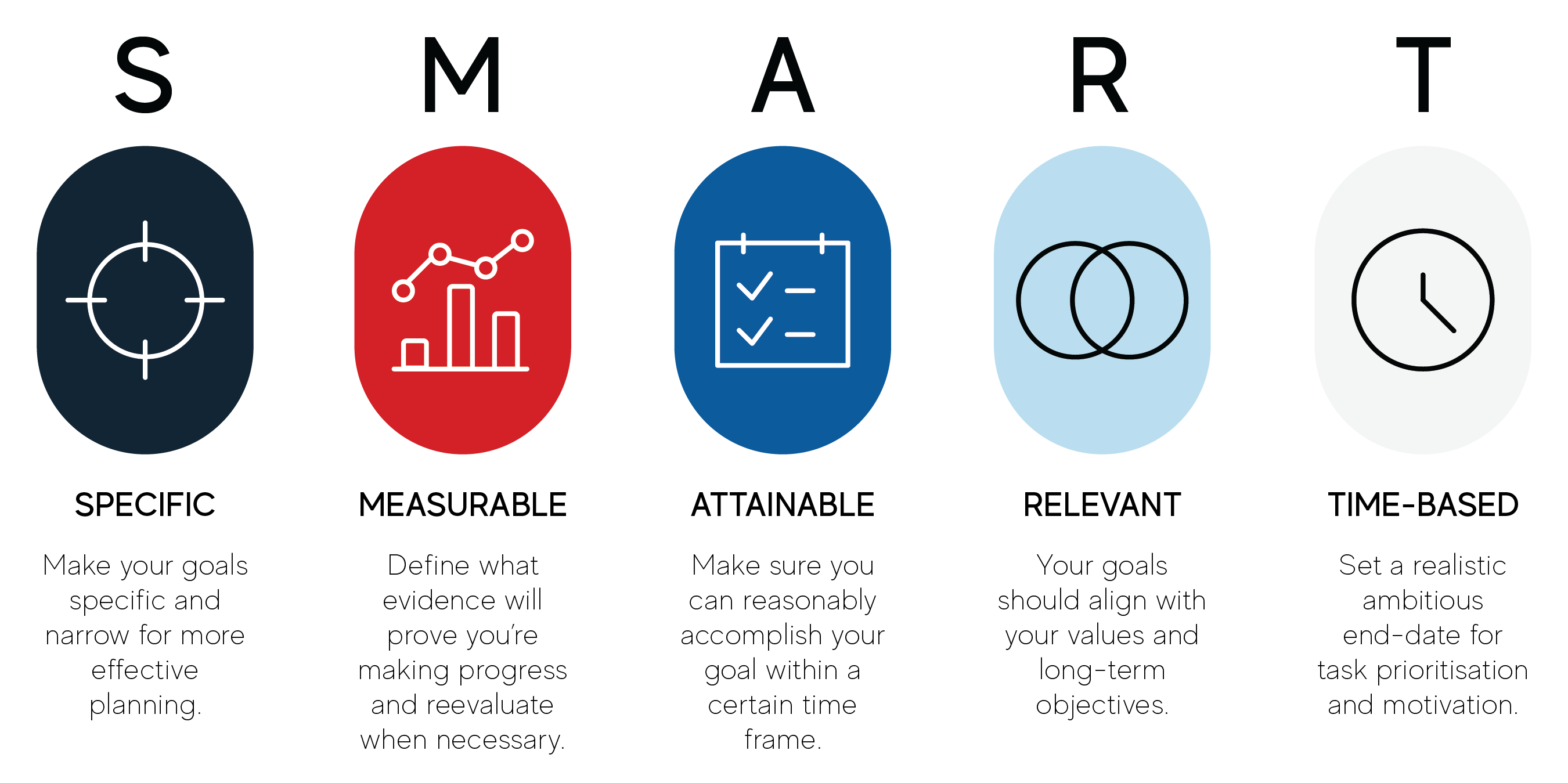Discover why your current digital agency isn’t delivering results and how to fix it. Learn about common pitfalls in web development projects and actionable steps to achieve your digital goals.
Get In TouchDid you know that over 60% of Australian businesses are unhappy with the results they receive from their web design & development agencies? Despite investing significant time and money, many companies find their digital platforms sitting idle or not receiving the attention they deserve, leading to frustration and lost opportunities for the company. This lack of progress often affects the brand's digital transformation and online presence, making it challenging to represent and promote the brand effectively. If you’re one of the many Australian business owners feeling let down by your current digital web development agency, you’re not alone.
This blog post will dive into the common reasons why digital web development agencies often fail to deliver the expected results. From misaligned goals to poor execution, we’ll explore the critical shortcomings that hinder company success. By understanding these issues, you’ll be better equipped to identify problems with your current agency and take actionable steps to improve your digital outcomes.
Misalignment of Goals and Expectations
One of the primary reasons digital web development agencies fail to deliver results is because they are not aligned with the goals and expectations that your digital strategy needs. For eCommerce websites, this misalignment can lead to wasted hours and missed opportunities. Addressing this issue requires a focus on defining clear goals and maintaining regular reviews to ensure the agency is on track.
Well-Defined Measurable Goals = Success
A study revealed that 70% of Australian businesses feel that their web development projects lack clear objectives from the start. Without well-defined measurable goals, it is nearly impossible to know when you've hit the finish line. Clear goals provide a roadmap for the agency and the business, ensuring both parties are on the same page and aligned with the vision of the organization.
How To Define Clear Goals
So what are the key steps involved in defining clear goals? One answer is to create create SMART goals.
- Specificity: Outline specific, detailed goals rather than vague aspirations. For example, instead of aiming to “improve the website,” set a goal to “increase website loading speed by 20% within three months.” The key is in the details.
- Measurability: Establish metrics to measure progress. Use tools like Google Analytics to track specific metrics such as page load times, user engagement, and conversion rates. This can give clear indications for progression.
- Achievability: Set realistic goals that can be accomplished within the given resources and time frame.
- Relevance: Ensure goals align with your overall business objectives. Whenever there is a goal to increase e-commerce sales, this should reflect broader sales targets.
- Time-bound: Set deadlines to create a sense of urgency and keep the project on track

Regular Check-Ins Ensure Alignment
Regular check-ins with the agency are essential to ensure that the goals remain aligned with the project’s progress and any evolving business needs. Unfortunately, a recent report found that 55% of Australian businesses only review their eCommerce website bi-annually or less frequently. This infrequency can break alignment and typically cause projects to veer off course causing unrecoverable delays.
How To Structure Regular Check-Ins
- Consistent Check-Ins: Regular meetings should be scheduled at consistent intervals, whether weekly, bi-weekly, or monthly, depending on the project’s complexity and timeline. Consistency helps build a routine and ensures that updates are frequent enough to catch issues early.
- Prepare An Agenda: Each meeting should have a clear agenda that outlines the key points of discussion. This might include progress updates, any roadblocks or challenges, upcoming milestones, and any changes in goals or strategies.
- Review Progress Against Goals: Use each check-in to review progress against the SMART goals you’ve set. This helps ensure that the project is on track and allows you to make necessary adjustments before small issues become major problems.
- Discuss Challenges and Solutions: Openly discuss any challenges or roadblocks that the team is facing. This collaborative approach can help brainstorm solutions and prevent small issues from escalating.
- Adjust Plans as Needed: Business needs can evolve, and it’s crucial that your digital strategy adapts accordingly. Use these check-ins to discuss any changes in your business objectives and how they might impact the project.
- Document Outcomes: Ensure that the outcomes of each meeting are documented and shared with all relevant stakeholders. This ensures transparency and provides a reference for future discussions.
Lack of Transparency and Communication
Another common issue with digital web development agencies is the lack of transparency and communication, often due to not having the correct communication channels or direct access to a key person.
The Need for Clear, Regular Reports on Project Performance
A survey found that 65% of Australian businesses believe that their web development agency does not provide sufficient reporting on digital project performance. Without clear, regular reports, it is difficult to track progress, identify issues, and measure success. Transparent reporting helps businesses understand where their investment is going and how it is performing.
How To Ensure Transparency and Communication
- Establish Clear Communication Channels: Determine the best channels for communication, whether it’s email, project management tools, or regular video calls. Make sure everyone knows how and when to communicate important updates.
- Request Detailed Reports: Ask for regular, detailed reports that outline the work completed, any challenges encountered, and the plan for the upcoming period. This keeps you informed and allows you to address any issues promptly.
- Foster Open Communication: Encourage open and honest communication. Your agency should feel comfortable sharing both good news and bad news, and you should feel free to ask questions and provide feedback.
Key Aspects of Effective Reporting
- Consistency: Reports should be delivered on a regular schedule (e.g., weekly or monthly) to keep everyone updated.
- Clarity: Use simple, jargon-free language and clear visuals to make reports easy to understand for all stakeholders.
- Detail: Include comprehensive details on key performance indicators (KPIs), milestones achieved, and any issues encountered.
- Actionable Insights: Effective reporting should not only present data but also provide insights and recommendations for improvement.
- Accessibility: Make reports accessible to all relevant parties through shared platforms or cloud services.
How Poor Communication Can Lead to Missed Opportunities and Misunderstandings
Communication gaps can lead to significant misunderstandings and missed opportunities. According to research, 58% of Australian businesses cite poor communication as a major challenge with their web development agencies. When communication is lacking, important details can be overlooked, leading to project delays and subpar results.
Strategies to Improve Communication
- Regular Meetings: As discussed above, schedule regular meetings (e.g., weekly check-ins, monthly reviews) to discuss progress, address concerns, and plan next steps.
- Clear Channels: Establish clear communication channels (e.g., email, project management tools, video calls) and ensure all team members are aware of how to use them.
- Responsive Feedback: Encourage a culture of prompt feedback and responsiveness to queries and concerns from both sides.
- Documentation: Keep thorough documentation of all communications, decisions, and changes to the project scope to avoid misunderstandings.
- Single Point of Contact: Designate a single point of contact from both the business and the agency to streamline communication and ensure accountability.

Poor Execution and Lack of Expertise
A significant issue that can prevent digital web development agencies from delivering satisfactory results is the lack of adequate training, expertise, and resources within the agency. For Australian businesses and brands, partnering with an agency that has the right skills and keeps up with the latest industry trends is crucial for achieving optimal outcomes that keep you ahead of your competition.
How To Identify and Address Poor Execution
- Evaluate the Agency’s Portfolio: Before committing to an agency, thoroughly evaluate their portfolio and case studies. Look for examples of work that align with your project needs and standards.
- Request Client References: Ask for references from previous clients to get a sense of the agency’s track record. Speaking directly with past clients can provide valuable insights into the agency’s capabilities and reliability.
- Set Clear Milestones and Deliverables: Break the project down into clear milestones and deliverables. This helps ensure that the project stays on track and provides regular checkpoints to assess the quality of the work.
- Invest in Quality Assurance: Ensure that the agency has robust quality assurance processes in place. This might include regular code reviews, user testing, and performance audits to catch and address issues early.
Find An Agency That Stays Up To Date
In the fast-paced field of web design & development, staying current with the latest trends and technologies is essential but can also be quite tricky to do. A study found that over half of Australian businesses believe their web development agency is not up-to-date with the latest industry advancements. An outdated approach can result in a website that lags behind competitors and fails to meet user expectations. Here are some of the key reasons why it's so important for agencies to remain current:
- Competitive Edge: Leveraging the latest technologies can provide a competitive advantage, offering better performance, security, and user experience.
- User Experience: Modern web design trends evolve to keep the focus on improving user engagement and satisfaction, which directly impacts conversion rates.
- Security: Keeping up with the latest security practices and updates is crucial to protect against cyber threats and data breaches.
- SEO and Performance: New technologies often enhance website speed and search engine optimization (SEO), driving more traffic and better search rankings.
- Scalability: Utilising up-to-date technologies ensures that your website can scale efficiently as your business grows.

Ineffective Use of Budget
One of the most significant challenges that Australian businesses face with digital web development agencies is the ineffective use of project budgets or digital marketing strategies. Misallocated funds can lead to poor project performance and lost revenue, making it crucial to ensure that financial resources are utilised effectively.
Misallocation of Funds and Its Impact on Project Performance
Studies suggest that nearly 50% of Australian businesses have experienced lost revenue due to poor budget allocation in their web development projects. Misallocation of funds often results in critical areas of the development project being underfunded, while less important aspects receive disproportionate attention. This imbalance can severely impact the overall performance and success of the project.
Common Budget Misallocation Issues
So what are the most common issues that Australian businesses have with budget allocations during project development?
- Over-Investment in Non-Critical Features: Spending too much on features that do not significantly impact user experience or business goals, on features that could be included in further versions of the platform once the basics have been implemented.
- Underfunding Essential Elements: Skimping on vital components such as security, user experience (UX) design, and performance optimisation in the first version of the website.
- Ignoring Maintenance Costs: Failing to allocate a budget for ongoing maintenance via retainers with the development agency, managing updates and scalability can lead to long-term issues.
- Inefficient Project Management: Poor project management can result in overspending on labour (commonly known as 'dev time') and resources without achieving the desired outcomes covered in the scope.
As scary as it all sounds, there are ways to ensure that your budget is utilised effectively. Firstly make sure that you identify and prioritise the most critical elements of the project that directly impact business goals. This will allow you to move forward and develop a detailed budget that outlines allocation of funds within the project, usually this is all covered in the scope that is drawn up by the agency prior to development commencing.
A Digital Agency Should Always Focus on Maximising Return on Investment
A good digital agency should always prioritise maximising the return on investment (ROI) for their clients. Research indicates that 55% of Australian businesses feel that their web development projects do not deliver a satisfactory ROI. Focusing on ROI ensures that every dollar spent contributes to the business's overall success and growth.
Taking Action
If you’re currently working with a digital agency that isn’t delivering results, it’s crucial to take action. Start by assessing the alignment of goals, transparency in communication, and the quality of execution. Consider restructuring your approach or seeking a new agency that better fits your needs.
At Pixel, we pride ourselves on our transparent communication, expert execution, and alignment with our clients’ goals. If you’re ready to see real results from your digital strategy, contact us today to learn how we can help transform your digital presence.
The Bottom Line
The failure of web development agencies to deliver satisfactory results often stems from misalignment of goals, lack of transparency, inadequate expertise, poor execution, and ineffective budget use. For businesses, addressing these issues is crucial for successful projects. Understanding the needs of Gen Z users, who often use social media platforms like TikTok for product research, is also essential.
Defining clear, measurable goals and maintaining regular check-ins keep projects on track. Prioritising transparency and open communication prevents misunderstandings. Ensuring the agency has the necessary skills and stays current with industry trends delivers high-quality solutions. Avoiding generic strategies and fostering adaptability helps businesses remain competitive. Effective budget allocation and a focus on ROI ensure efficient use of resources and better financial outcomes.
For businesses dissatisfied with their current agency, it may be time to re-evaluate the partnership. Identifying the root causes of dissatisfaction and taking proactive steps to address them can lead to greater success and a more impactful digital presence. If your current agency isn’t meeting these standards, consider finding a new partner aligned with your vision and objectives. Your digital future depends on it.
P.S
Feeling let down by your current digital agency? Reach out to Pixel today and discover how we can help you achieve your digital goals. Let’s work together to create a digital strategy that drives success and growth for your business.
Previous Post
How To Create A Landing Page